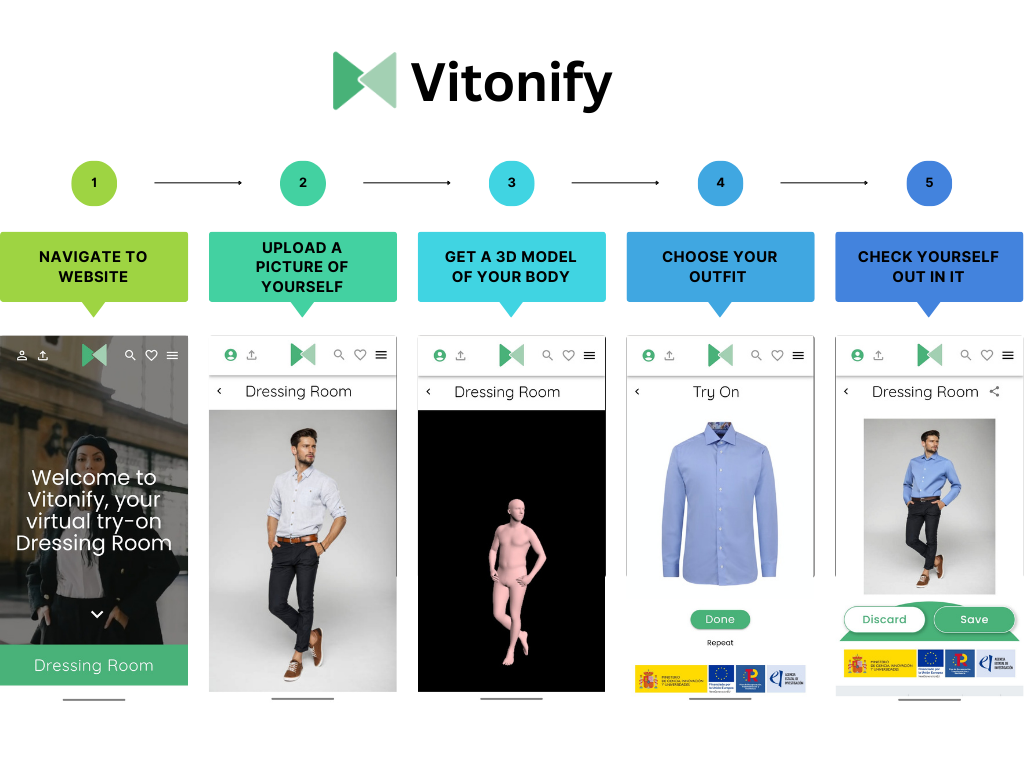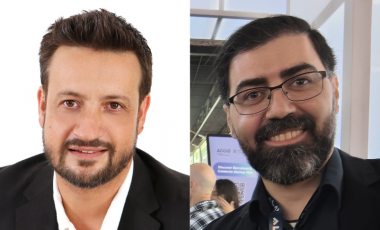
The University of Barcelona develops intelligent virtual fitting rooms to facilitate online clothing purchases and reduce returns
Electronic commerce, specifically the online sale of clothes, has a substantial weight in the Spanish economy, representing 6.64% of the Gross Domestic Product (GDP). One of the challenges of this type of trade is the large number of returns, due to size or fit problems, which also imply a significant environmental impact.
Now, a team from the University of Barcelona (UB), led by the professor of the Faculty of Mathematics and Informatics, Sergio Escalera, and the researcher of the same faculty, Meysam Madadi, has received a Producto aid from the Generalitat de Catalunya to promote the development of an intelligent virtual tester application that will allow a more efficient purchase process, thus reducing return rates and, therefore, CO2 emissions.
The innovative technological solution uses 3D modeling and deep learning techniques – an artificial intelligence technique that allows a computer to learn to interpret images automatically – applied to computer vision. With this multidisciplinary approach, the application will allow electronic commerce retailers to convert their clothes – from photos with models – into 3D digital clothing that will be stored in a database. Afterwards, consumers will be able to create a 3D digital body twin of themselves where they can visualize how different clothes would look on them.
One of the distinguishing elements of the project is its commitment to an inclusive solution for all types of people, since the technology will allow a precise adaptation to different body shapes and will improve the animation of the clothes. This will involve the collection and modeling by means of 3D body scanners of a great variety of clothing and body shapes not considered in current solutions, including special categories such as pregnant women or people with physical disabilities.
All this information will be used to teach the algorithms to adjust the clothes perfectly to any type of body. “This will promote inclusive fashion and social integration, also benefiting people who cannot physically attend a clothing store, such as people with reduced mobility and other physical and mental disorders or illnesses,” explain the researchers.
During the project, the research team will carry out this work of modeling different body types, refine the artificial intelligence algorithms that support the technology and start the validation of an initial test of the virtual tester. They will also carry out an analysis to promote the commercialization of the new technology.
The project, with file number 2024 PROD 00013, has received aid from the AGAUR under the “Product Aid for innovative projects with potential for incorporation into the productive sector” modality.



